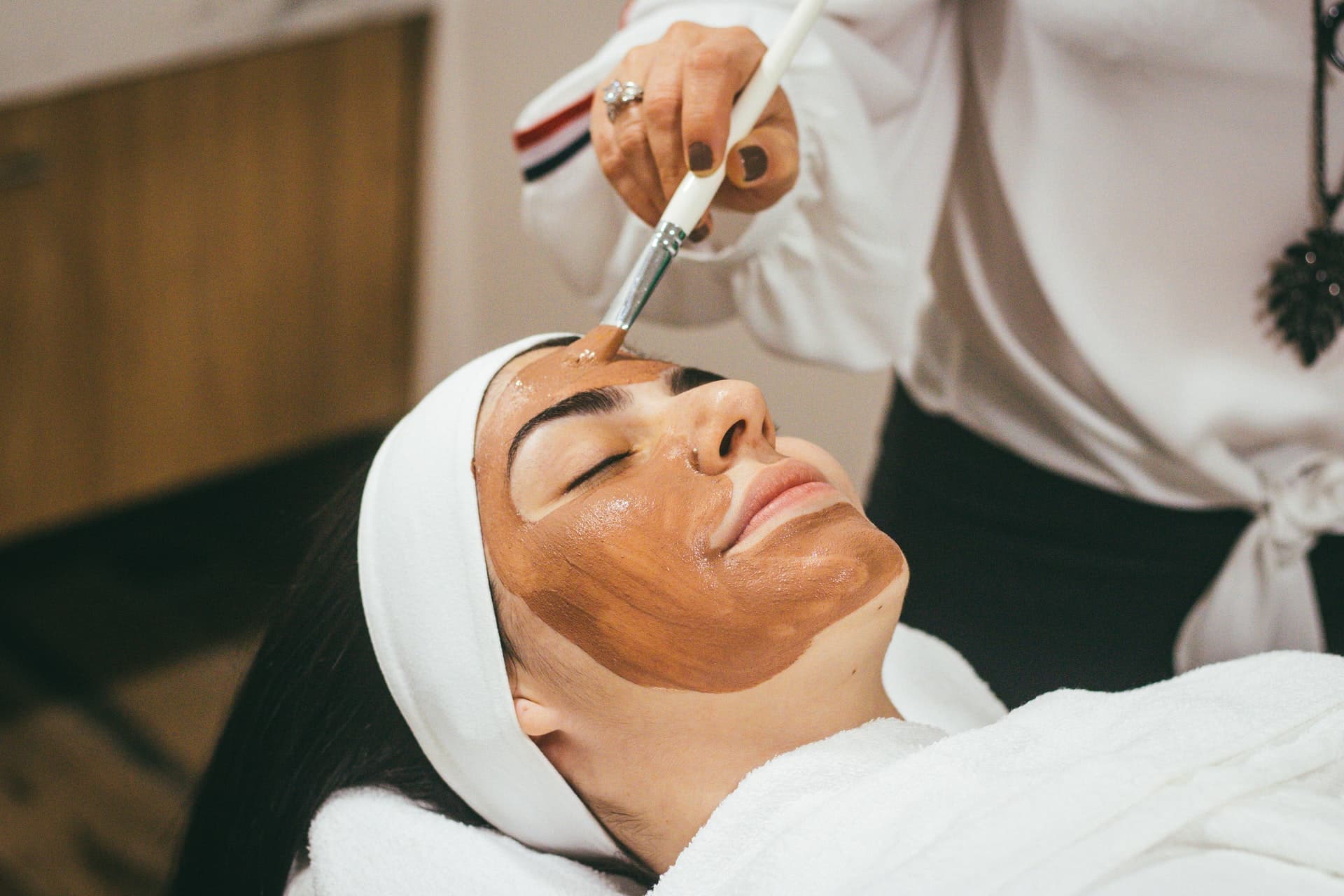When you look at the sky, you’ll take a shot at predicting the weather based on the clouds you can (or cannot) see. Humidity, temperature and other things might also be able to give you a hint at what’s going on weather wise. What you might not do, is look yourself in the mirror and say “Aha, today my skin is trying to tell me something.” Yet, that’s exactly what’s going on. Your body, including your skin, is giving you hints every day as to what is happening.
So, let’s have a look at what your skin is trying to tell you and how to best deal with it.
Fine Lines and Deeper Wrinkles
Yep, it happens. We can’t get away from it—aging brings about lines and wrinkles. This is because we produce less collagen and elastin as we age. However, if you find that you are suddenly experiencing new wrinkles consider:
- if you’re experiencing a lot of stress
- if you’re exposing your skin to too much UV light
- if you’re experiencing hormone changes
All of the above can lead to premature aging of the skin. So as to fight it:
- ensure you wear a hat when out and about to protect your face
- do facial yoga and massage to encourage blood flow
- use skin products with antioxidants, aloe vera (or buy the fresh plant!), mannose-6-phosphate, and peptides—ask your beauty therapist for Dermalogica products that suit your skin
- consume ginseng, vitamin C, algae, aloe vera (if it does not have laxative effects on you), and cilantro/coriander—all of these have shown promise in stimulating collagen production in the body
- have anti-aging facial
Dryness
Is your skin flaky? Even itchy as temperatures drop or you head to the desert? This is likely because the outer layer of your skin a.k.a. the epidermis is either very thin or damaged. Unless caused by genetics or aging, it can be because of UV damage, or over cleansing (using a bad soap will leave your skin absolutely dehydrated).
Of course, even if your epidermis is perfectly normal, dryness during the winter months, or when entering the aforementioned desert is still something which might plague you unless you have a good skin routine. Using the right products for cleansing in moisturizing your skin is of utmost importance no matter your skin type.
To prevent dehydration of your skin:
- drink sufficient amounts of spring water
- use products that rehydrate your skin—ingredients to look out for include cucumber, aloe vera, vitamin E and hyaluronic acid
- get enough sleep—this is when your skin repairs itself—and use a silk pillowcase to avoid irritating your skin
- eat foods that contain essential fatty acids and vitamin C
- use skincare products that gently cleanse and properly moisturize your skin
Whenever you start a facial treatment plan, ask a dermatologist or someone trained with Dermalogica about what products to use for best effect—your skin can be both dry and oily at the same time (crazy as that might sound) and you need products that help combat both issues. There are also some home remedies to combat skin dryness.
Red Skin
Red skin is a sign of irritation and/or inflammation. If your skin tends to get red:
- switch to an anti-inflammatory diet and check that you don’t have any food sensitivities
- make sure to cut out any unnatural or potentially allergy causing ingredients in your haircare and skin products, as well as the cleaning products you use in your home, including your laundry powder
- check your stress levels—our skin can be fast to respond to stress, so learn to everyday do breathing exercises, meditation and relaxation, as well as physical exercise so as to destress
- make a face mask at home with aloe vera, cucumber and honey
- use skin products that soothe your skin, such as Dermalogica’s UltraCalming Complex
Oily Skin
If your skin produces too much sebum, it becomes oily. If the pores get clogged, or there’s inflammation in the skin, it can further lead to black and white heads, as well as full-blown acne. This can be caused by stress, hormones, and inflammation. Inflammation can be caused by an unhealthy diet, stress, and consuming things you’re sensitive to. It can also be caused by using products you’re sensitive to. Your skin may also produce too much oil if you are using the wrong skincare products.















